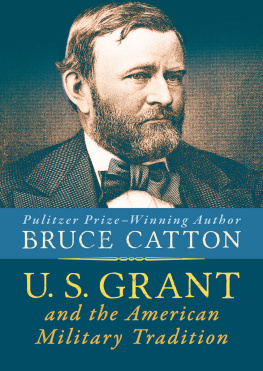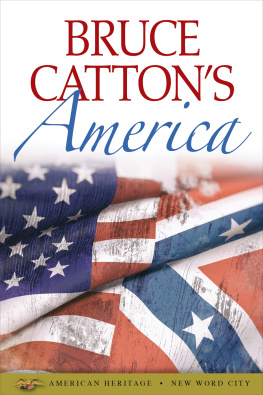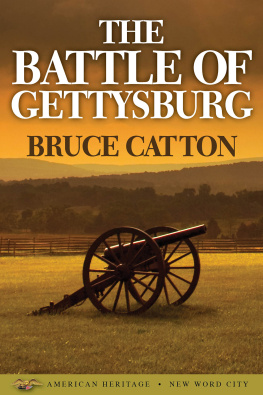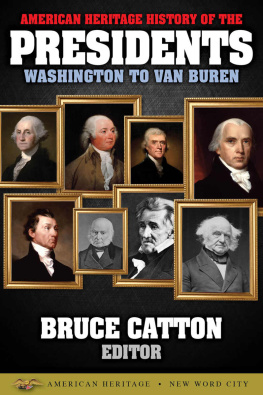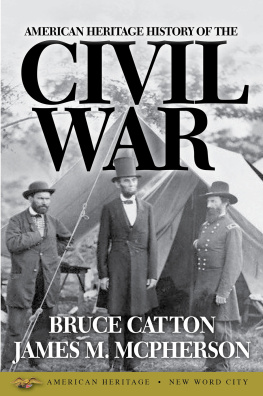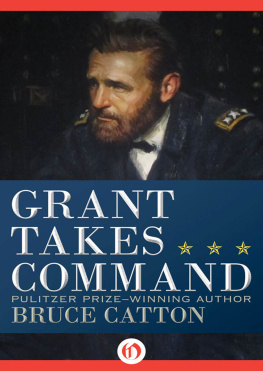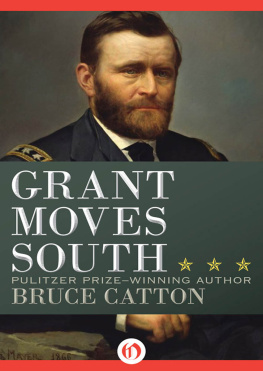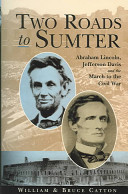I
End of the Golden Age
1. A Basis for Union
Always the human tide flowed west. It had swept over the brim of the Alleghenies years ago, and now there were no more barriers. Mad Anthony Wayne had broken the power of the red men at Fallen Timbers, and that cruel menace was drifting away like the misty wood smoke that dissolved across the growing clearings. Young Oliver Hazard Perry had smashed Britains fresh-water fleet, and as the shot-weighted hammocks went dropping down the clear green depths of Lake Erie, British control of the interior went down with them. All of the Northwest was safe and open.
Beyond, running past the sunset, the mysterious Louisiana country lay waiting, securely American, threaded by dim trails of wonder and peril. The people could go anywhere they chose, quite literally anywhere: all the way to the undiscovered mountains and the deserts, beyond these to the extreme limit of the imagination. Men could very likely do anything on earth they had the courage to dream of doing.
There was then, in the early nineteenth century, a brief golden age, like nothing ever known before or since: the time of it measured in decades, its final effects beyond all measurement, putting a mark on a continent and on generations of people and on the abiding dreams a nation would live by. Freedom had become a commonplace of everyday life rather than a talked-about abstraction, and it was for everybody. Moreover, it carried its own compulsions. Men who could do everything they chose to do presently believed that they must do everything they could. The brightest chance men ever had must be exploited to the hilt. And the sum of innumerable individual freedoms strangely became an overpowering community of interest.
This community of interest extended in many directions and included many things, but first of all it was a common insistence on uninterrupted growth and development.
The log cabin beside which a sturdy family wrested from the stubborn earth everything that it ate, wore or used was romantic only at a great distance. To the people who lived there, the life meant hard work and privation, endurable only if it speedily led to something better and easier. Freedom had to mean something more than just the freedom to create a series of isolated backwoods slums, and regional self-sufficiency was the last thing anyone wanted. The promise of the new land could be realized only through a society that turned potential wealth into cash in hand for everybody.
The people of this brief golden age were gross materialists and lofty idealists at the same time. They never imagined that there might be a difference between economic freedom and political freedom. The two went together, opposite sides of one coin; like liberty and union in the oration, they were one and inseparable. All that mattered was a fair chance to get them. Today was better than yesterday and tomorrow would be better than today. All horizons were open to those who exploited every possibility to the utmost.
At bottom, this came down to a matter of good markets and ready access to them. That meant thinking in terms of the whole country, for this great interior could not be walled in. If men were to live here they must submit to its terms, and its destiny was continental. There must be a national road across the mountains, then canals to connect the lakes with the great rivers and the ocean, steamboats on those waters, railroads when railroad time came. These were not merely desirable: they were in the highest degree essential, for the values which the bright new land offered could be realized only if growth and development were continuous.
So there was a strange transvaluation of values. Pursuing immediate self-interest, the settler developed a profound feeling of belonging to a limitless national community. He believed in progress because he saw progress all about himless grinding toil for this generation than for the last one, greater freedom of opportunity, a better place to live, finer things to do with ones leisure. The progress was both spiritual and material, and it took place simply because America was different, because in America men could do better by themselves than they had ever been able to do before.
As the land was opened, more and more people came to live in it. They came through the Buffalo and Pittsburgh gateways by the thousands. The Ohio fever became a legend, and they brought lifetime savings and household goods with them, to say nothing of immeasurable hopes and shining dreams. Because so many of them came, and because there seemed no limit at all to what men might want and get, this human tide pulled the national center of gravity along with it and helped to shape the future.
The people who lived then were never fanciful enough to say that they were living in a golden age. They had their full share of troubles and miseries and individual problems; and anyway a golden age can be identified only after it has ended. The one thing that is really clear about the men of that time is that they would react with unshirted violence and fathomless energy against anything that limited their ability to grow and expand and exploit the riches of their environment.
Against anything, that is, which threatened the unity and the continuity of the American experiment.
Specifically, they would see in an attempt to dissolve the Federal Union a wanton laying of hands on everything that made life worth living. Such a fission was a crime against nature; the eternal Federal Union was both a condition of their material prosperity and a mystic symbol that went beyond life and all of lifes values. Men who had grown up to look upon the Federal government as a very handy and entirely indispensable instrument which they could use in their own self-interest would not even try to understand how other men could see in that same union an unendurable menace.
Nobody had to reason any of this out. When the challenge came the response was instinctive. During the first half of the nineteenth century the Middle West produced a generation that could find in the simple word union a thing worth making war for, worth dying for; a generation of terrible fighters, with here and there men who would know just how to lead them.
As one of this fateful generation, there was a child born in a cottage overlooking the Ohio River, at the Ohio hamlet of Point Pleasant, on April 27, 1822. He was christened Hiram Ulysses Grant.
2. Boyhood by the Ohio
Jesse Grant was on his way up, and he was just the man for it. Born in Pennsylvania and reared in Ohio, he was essentially a Yankee, both by ancestry and by natural aptitude. It sometimes appears that he was the exact opposite of his son Ulysses. Jesse was talkative, boastful, argumentative, buzzing about constantly with febrile Yankee shrewdness, gifted with a knack for making money. He was the sort to prosper in a new country; aggressive and ambitious, determined to get ahead and having enough native ingenuity and energy to make his wish good.





